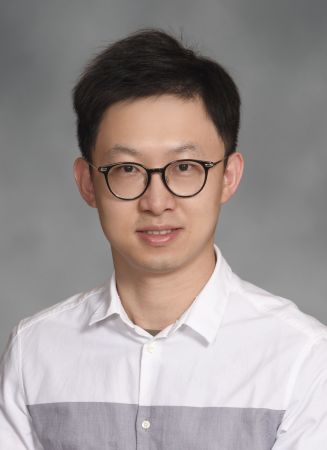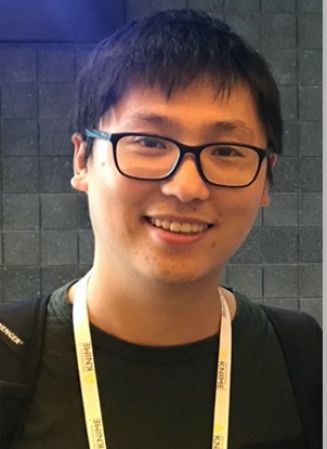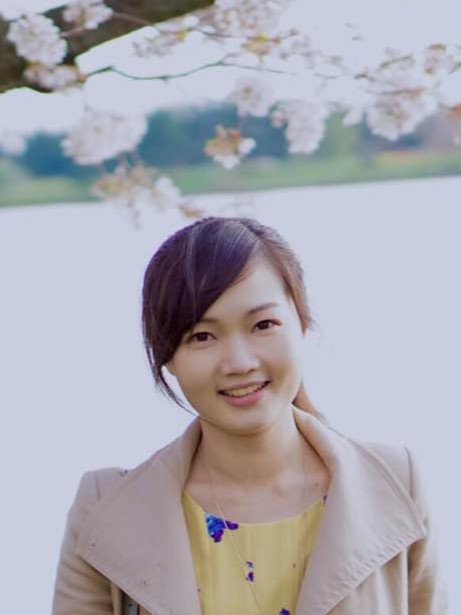
Knowing how people move across urban areas is about more than avoiding traffic jams.
“Think about something like COVID-19,” says Lehigh University researcher Yu Yang, an assistant professor of computer science and engineering in the P.C. Rossin College of Engineering and Applied Science. “Having a better understanding of human mobility could help cities implement transportation policies during times of public health crises that could reduce infection rates.”
Yang recently received a grant from the National Science Foundation to develop a model that can estimate and predict how people move within cities, which could better inform applications ranging from public health policy to transportation and urban planning. The research team includes Lehigh collaborators Lichao Sun, an assistant professor of computer science and engineering, and Yue Yu, a professor of applied mathematics in Lehigh’s College of Arts and Sciences.
Currently, cities tend to rely on empirical or historical data to plan for situations—like concerts, games, and severe weather—that significantly impact how people get around. Such an approach, however, is limited because it assumes that past events can predict future mobility patterns.
“And that’s a problem,” says Yang. “How people got around during a game last year isn’t necessarily how they’ll get around for a similar event this year. Our research will address this lack of precision and real-time modeling based on interactions between human beings and city infrastructures.”
Yang and his team will work with both New York City and Newark, New Jersey, to collect data from a wide variety of sources, including cell towers, GPS systems, traffic cameras, subway entry and exit records, and financial transactions (think credit card swipes). Together, the data will provide a more comprehensive look at mobility patterns.
“Previous work in this area focused on only a single domain,” he says. “But if you’re only using data from a single infrastructure, like GPS, your results will be biased and they won’t be representative. We want to model human mobility based on this idea of cross-domain infrastructure.”
The challenge, he says, is that such data streams vary both spatially and temporally. For example, cell towers provide a general sense of someone’s location over a wide area, while GPS offers pinpoint accuracy every few seconds. Similarly, financial transactions might give information on a user’s location but only at specific points in time. The research seeks to overcome these discrepancies by developing a neural operator-based unified machine learning model that accounts for such variations.
The team will also develop federated learning techniques to preserve data privacy. Such methods will allow different data holders (such as transportation agencies or telecommunications providers) to train a model without having to share sensitive data with one another.
In addition to helping cities better plan, design, and control public transportation routes for safer, more efficient services, a unified mobility model could also help city officials detect and react to abnormal patterns of movement caused by large-scale events (concerts and games, for instance) and emergencies (such as hurricanes and floods).
“What makes this research so interesting is that it’s not just a computer science problem,” says Yang. “Human mobility responds to so many variables, which makes this very much an interdisciplinary issue. As we move forward with this research, I’m looking forward to exploring the collaborations we can form across the university.”
About Yu Yang
Yu Yang is an assistant professor in the Department of Computer Science and Engineering at Lehigh University, where he leads the DASH (Data, Algorithm, System, and Human) Lab. His research focuses on addressing real-world societal challenges related to cyber-physical systems. Yang’s work combines ubiquitous/mobile sensing, spatio-temporal machine learning, and reinforcement learning to bridge the physical and cyber worlds, with feedback loops from the cyber to the physical domain. His research has applications in fields such as intelligent transportation systems, logistics, the on-demand gig economy, last-mile mobility, and smart cities. Yang holds a PhD in computer science from Rutgers University.



